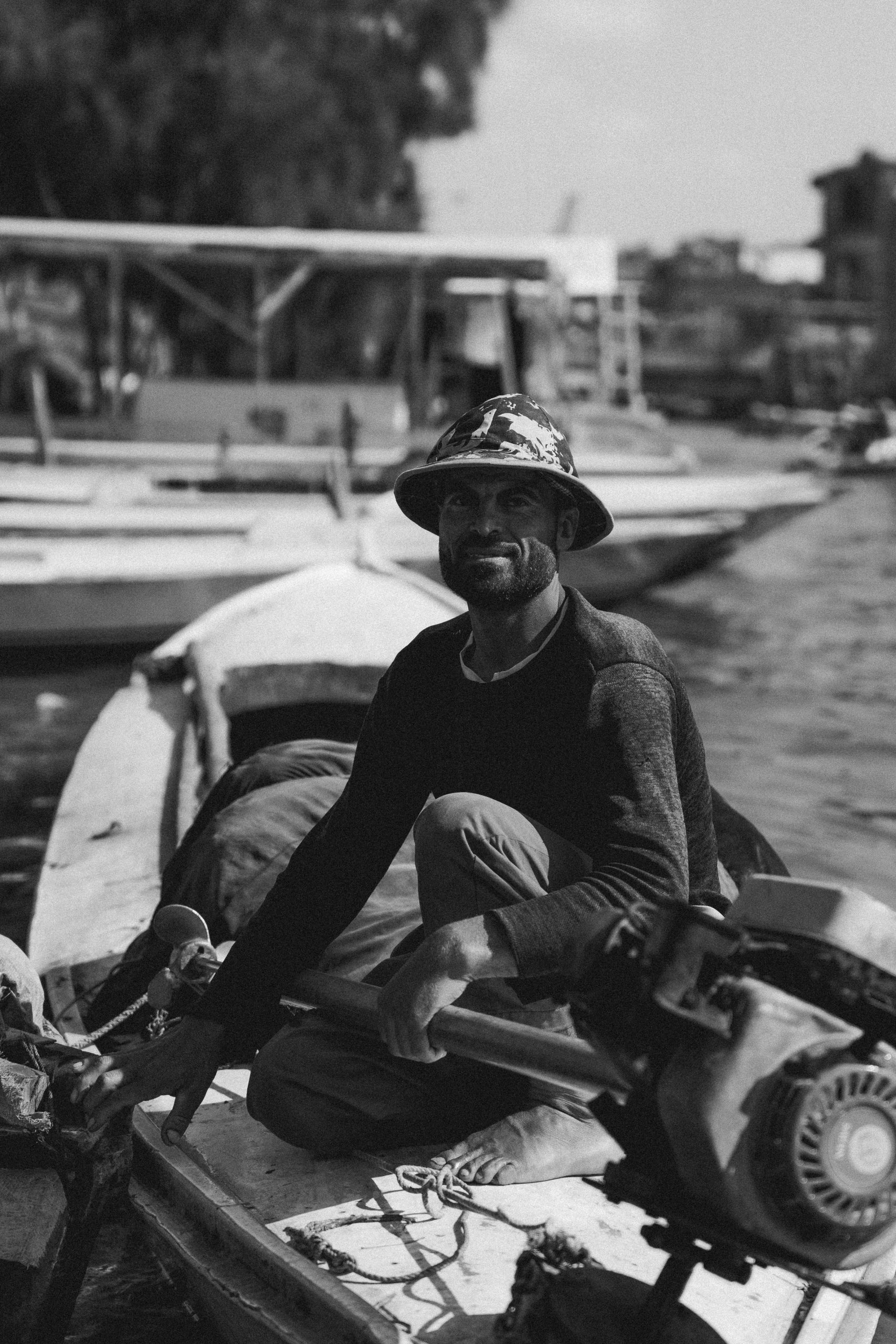Traveling to the Middle East is an enriching experience filled with vibrant cultures, breathtaking landscapes, and warm hospitality. However, to fully appreciate your journey, it’s essential to understand and respect the region’s customs and traditions. This guide will help you navigate Middle Eastern etiquette, ensuring a smooth and respectful travel experience.
Understanding Middle Eastern Hospitality
Middle Eastern hospitality is legendary, and visitors are often treated with immense generosity. Here’s what you need to know:
Greetings and Social Interactions
Greetings in the Middle East are warm and often involve physical contact. A handshake is common, but in more conservative countries, wait for the other person to initiate it, especially with members of the opposite sex. Common Arabic greetings include:
- “As-salamu alaykum” (Peace be upon you) – The standard Islamic greeting.
- “Marhaba” (Hello) – A friendly, informal greeting.
Always use your right hand for handshakes, eating, or giving/receiving items, as the left hand is considered unclean.
Accepting Invitations
If invited to someone’s home, it’s polite to accept. Bring a small gift, such as sweets or pastries, but avoid alcohol unless you’re certain it’s acceptable. Remove your shoes before entering unless instructed otherwise. Compliment the host on their hospitality, but avoid excessive praise, as it may be seen as insincere.
Dress Code and Modesty
Modesty is highly valued in Middle Eastern cultures, and dressing appropriately shows respect for local customs.
For Women
Women should aim for conservative attire, especially in religious sites or rural areas:
- Cover shoulders, knees, and cleavage.
- Loose-fitting clothing is preferable.
- In some countries, like Saudi Arabia, an abaya (a long cloak) may be required.
For Men
Men should also dress modestly:
- Avoid shorts in public places; opt for long pants.
- T-shirts are acceptable, but sleeveless tops are frowned upon.
When visiting mosques, both men and women may need to cover their heads and remove their shoes.
Religious Customs and Practices
Religion plays a central role in Middle Eastern life, and understanding basic Islamic customs will help you navigate daily interactions.
Prayer Times
Muslims pray five times a day, and you may hear the call to prayer (adhan) from mosques. During prayer times, some businesses close briefly, and it’s respectful to avoid interrupting worshippers.
Ramadan Considerations
If traveling during Ramadan, the Islamic holy month of fasting, be mindful of the following:
- Avoid eating, drinking, or smoking in public during daylight hours.
- Restaurants may be closed until sunset.
- Evenings are festive; joining an iftar (breaking of the fast) can be a memorable experience.
Visiting Religious Sites
When entering mosques or other religious sites:
- Dress modestly and remove your shoes.
- Women may need to cover their hair with a scarf.
- Speak quietly and avoid disruptive behavior.
Dining Etiquette
Middle Eastern cuisine is delicious, and sharing meals is a key part of the culture. Here’s how to dine respectfully:
Table Manners
- Wait for the host to invite you to start eating.
- Use your right hand for eating, especially when sharing from communal dishes.
- Leaving a small amount of food on your plate signals you’re satisfied.
Common Dishes and Customs
Meals often begin with mezze (small appetizers) and bread. It’s polite to accept offers of tea or coffee, as refusing may be seen as rude. If dining in a group, the eldest or most senior person is usually served first.
Gender and Social Norms
Gender roles in the Middle East can differ significantly from Western norms. Being aware of these differences will help avoid misunderstandings.
Interactions Between Genders
In conservative areas, men and women may socialize separately. Avoid prolonged eye contact or physical contact with the opposite sex unless they initiate it. Public displays of affection are generally frowned upon.
Photography and Privacy
Always ask for permission before taking photos of people, especially women. In some countries, photographing government buildings or military personnel is prohibited.
Conclusion
Respecting Middle Eastern customs will enhance your travel experience and help you connect with locals on a deeper level. By dressing modestly, understanding religious practices, and embracing local hospitality, you’ll leave a positive impression and create lasting memories. Remember, a little cultural awareness goes a long way in making your journey through the Middle East both enjoyable and meaningful.
